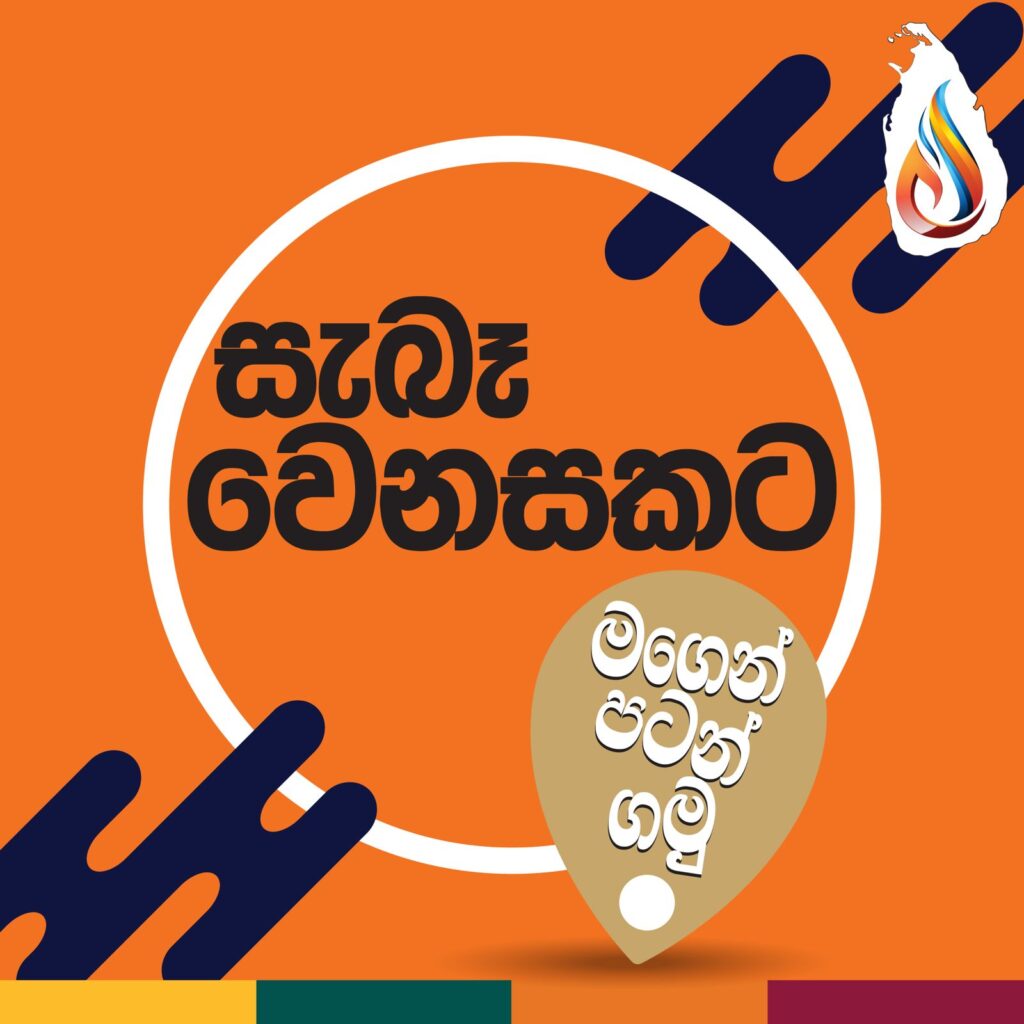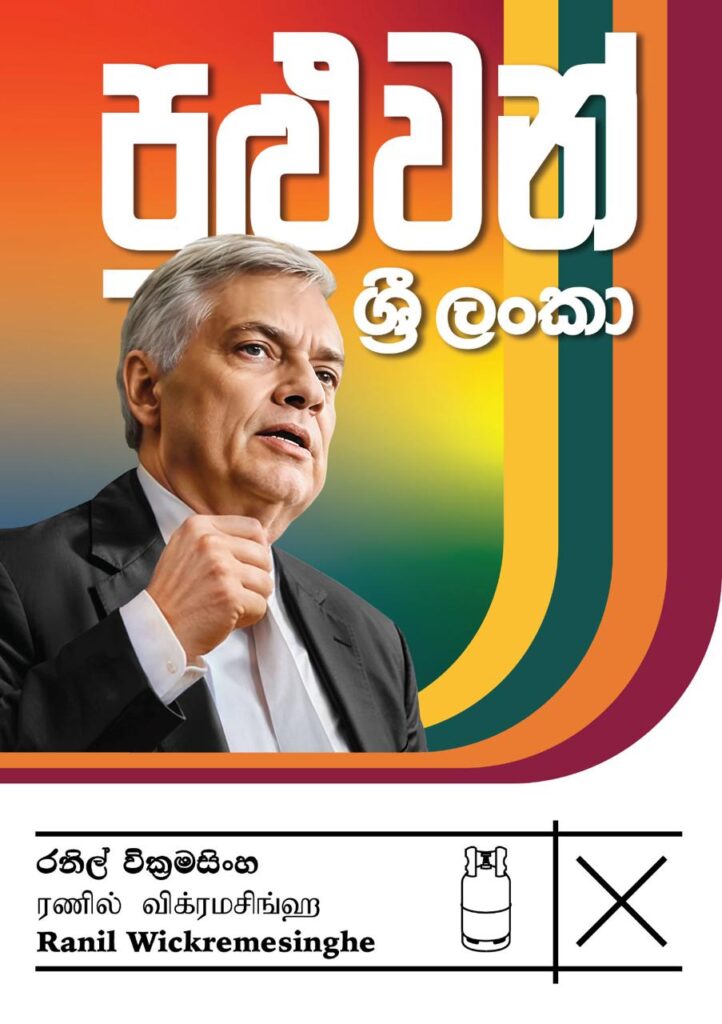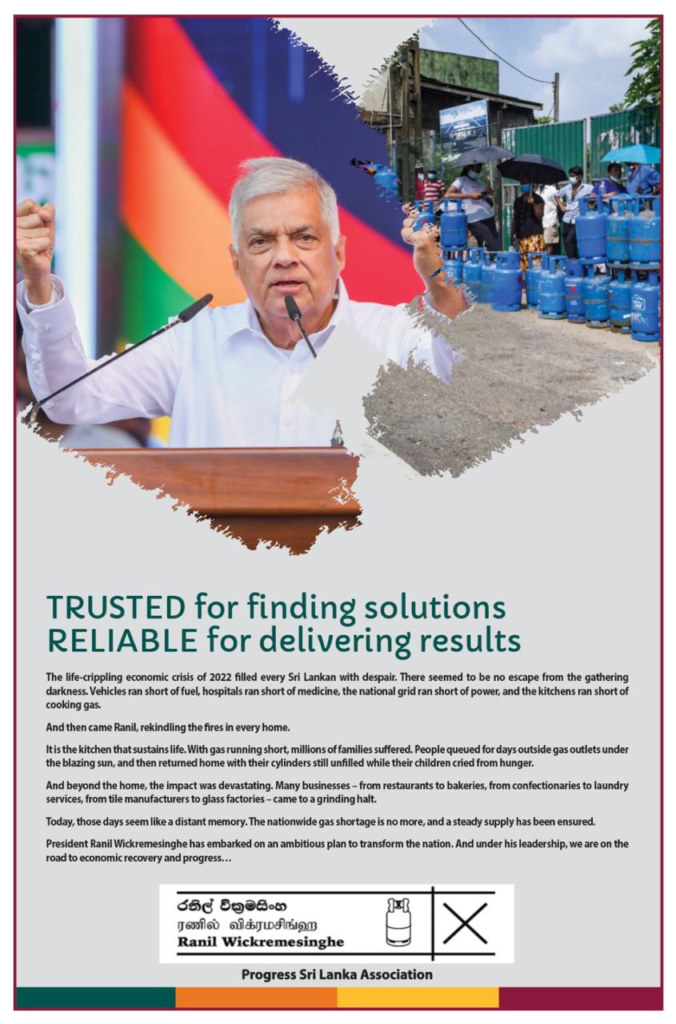September 12, Colombo (LNW): Sri Lanka has firmly rejected the latest report by the Office of the High Commissioner for Human Rights (OHCHR), arguing that it fails to address the full scope of the country’s past conflict, particularly neglecting the atrocities committed by the LTTE during the prolonged civil war.
The government views the report as one-sided and lacking in nuance.
Speaking in Geneva during the 57th Session of the Human Rights Council, Sri Lanka’s Permanent Representative, Ambassador Himalee Arunatilaka, strongly opposed Resolution 51/1 and the external mechanism established by the OHCHR.
She argued that such interventions are both unnecessary and counter-productive, especially as the country continues to address its own reconciliation efforts.
Ambassador Arunatilaka highlighted that Sri Lanka has implemented significant social protection initiatives, including the Aswesuma programme, which aims to assist vulnerable communities.
She further criticised the report for overstepping its mandate by commenting on areas such as macroeconomic policy, which she insisted falls strictly under the purview of Sri Lanka’s Parliament.
Despite international scrutiny, Sri Lanka has made strides in both economic recovery and national unity. The Ambassador pointed to progress in domestic processes aimed at reconciliation, including the Office on Missing Persons, the Office for Reparations, and the Office for National Unity and Reconciliation.
These institutions, alongside the newly created Interim Secretariat for the Truth and Reconciliation Mechanism, were presented as evidence of the government’s ongoing commitment to healing past wounds while maintaining economic stability.
Sri Lanka also reiterated its continued engagement with the United Nations and its commitment to the Universal Declaration on Human Rights, reinforcing its adherence to international treaties.
Ambassador Arunatilaka underscored the nation’s financial recovery, noting that prudent economic decisions have been acknowledged by the international community.
During the Human Rights Council’s dialogue on the OHCHR report, many countries expressed support for Sri Lanka, commending the nation for its economic recovery, social protection measures, and continued efforts in fostering national unity.
The interactive dialogue saw participation from 55 nations, with a majority questioning the necessity of the OHCHR’s “Sri Lanka Accountability Project.” Critics described the initiative as “unjustified,” “misaligned with the UN Charter,” and “disconnected from the complex realities on the ground.”
The Sri Lankan delegation to the 57th session included officials from the Permanent Mission of Sri Lanka to the United Nations in Geneva and the country’s Ministry of Foreign Affairs.
They reaffirmed the government’s commitment to navigating the post-conflict landscape through homegrown solutions, while also defending the sovereignty of their nation against external pressures.




